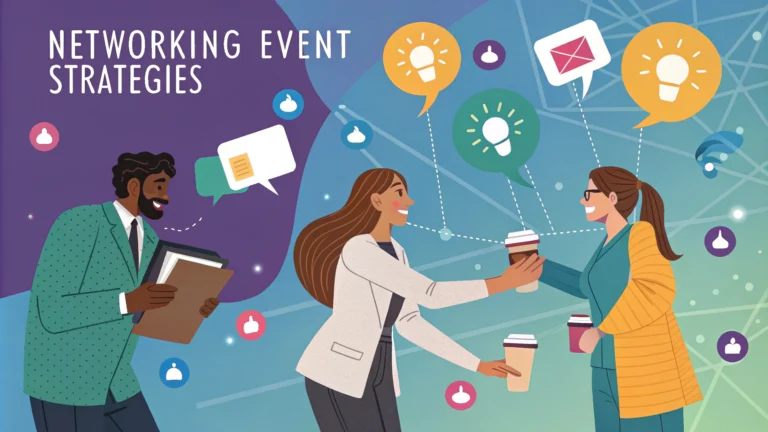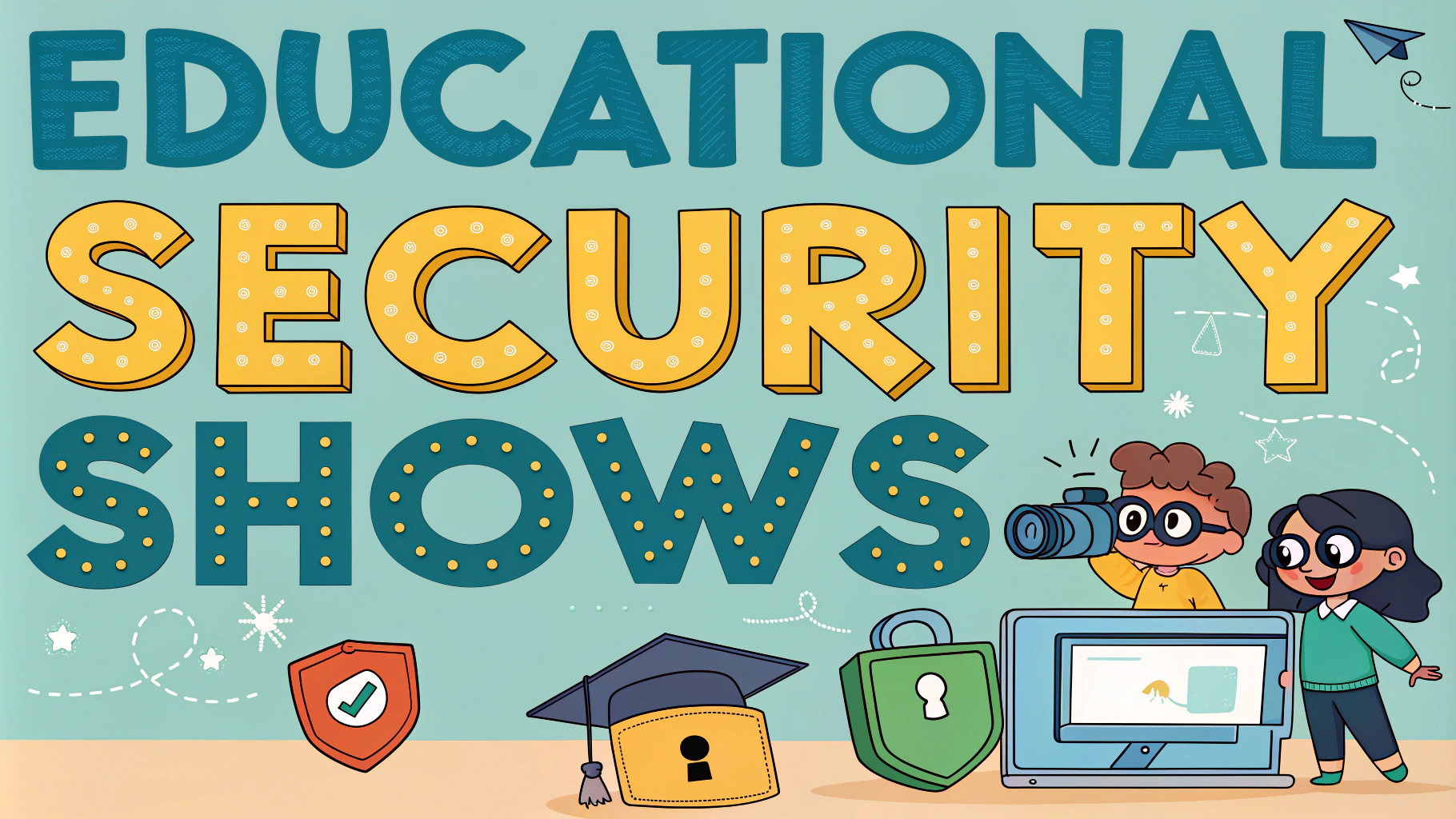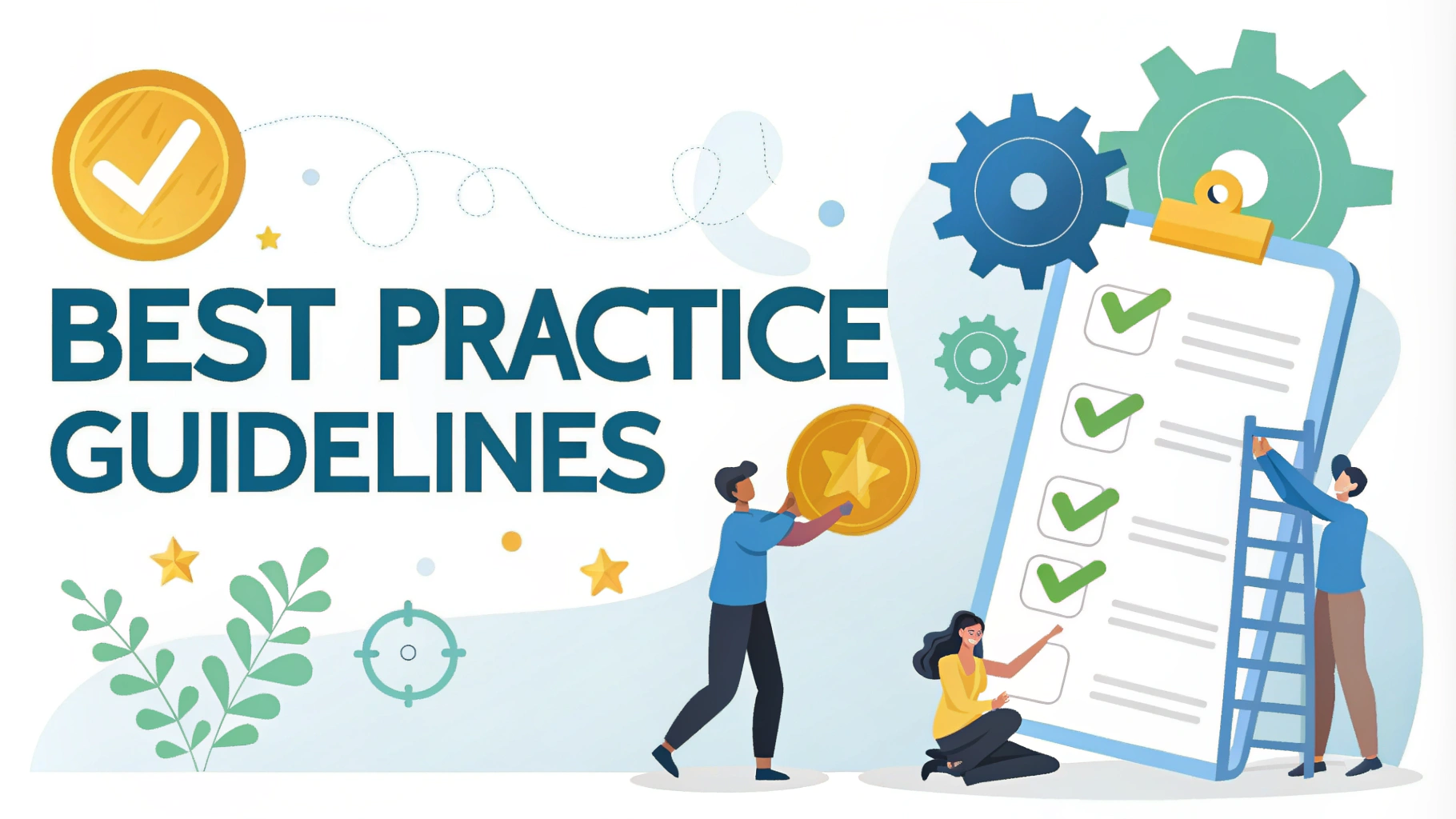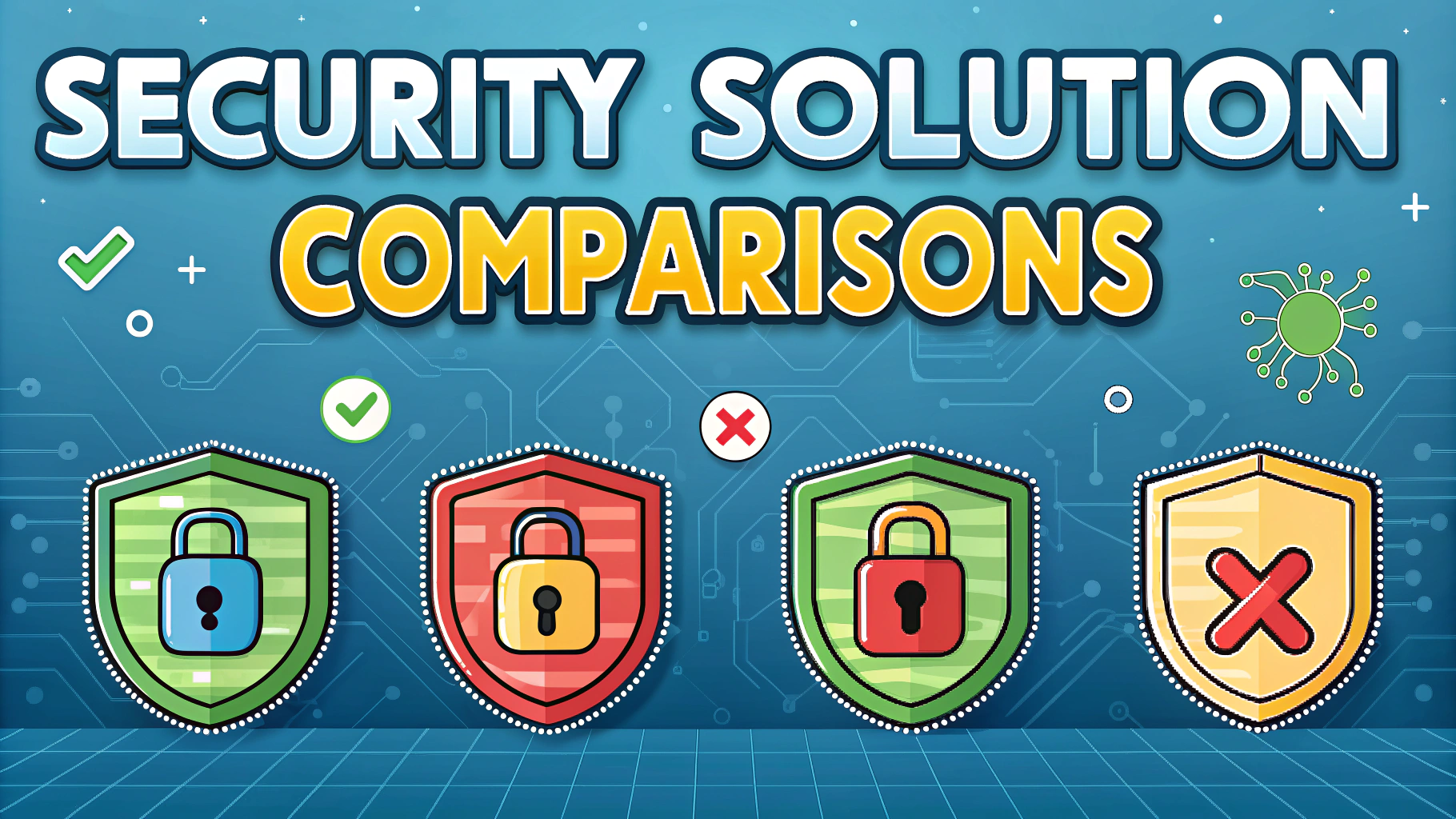Networking events are prime opportunities for penetration testers to gather valuable intelligence and test social engineering techniques in controlled environments.
Understanding how to navigate these events effectively can significantly enhance your penetration testing capabilities while maintaining ethical boundaries.
This guide outlines proven strategies for networking events, specifically tailored for security professionals conducting authorized penetration testing assignments.
Pre-Event Planning
- Research attendees and companies through LinkedIn and public records
- Prepare believable cover stories that align with the event’s industry
- Create authentic-looking business cards with your authorized testing persona
- Set clear objectives based on your penetration testing scope
- Document approved social engineering techniques for the engagement
Event Execution Tactics
Position yourself near high-traffic areas like refreshment stations or registration desks to observe badge-wearing patterns and security protocols.
- Listen more than you speak to gather information naturally
- Take notes on mobile devices rather than obvious notepads
- Document emergency exits and security camera placement
- Observe physical security measures and access control systems
- Monitor Wi-Fi networks and device usage patterns
Social Engineering Tips
- Ask open-ended questions about workplace processes
- Show genuine interest in technical challenges
- Mirror body language and industry terminology
- Build rapport through shared professional experiences
- Never push for sensitive information directly
Legal and Ethical Considerations
Always carry documentation of your authorized testing engagement.
- Stay within the defined scope of your penetration test
- Avoid recording conversations without consent
- Respect personal boundaries and privacy
- Be prepared to identify yourself as a security tester if questioned
Documentation Guidelines
- Use secure note-taking apps with encryption
- Photograph only public areas with permission
- Record timestamps and locations of observations
- Maintain chain of custody for collected information
- Create detailed reports without compromising sources
Post-Event Actions
Transfer all gathered intelligence to secure storage within 24 hours.
- Analyze collected business cards and marketing materials
- Document potential security vulnerabilities observed
- Map organizational relationships and hierarchies
- Prepare preliminary findings for client review
- Securely dispose of physical materials
Next Steps for Security Testing
Contact your penetration testing coordinator or security manager to incorporate findings into the broader assessment strategy.
For professional guidance on ethical social engineering, reach out to SANS Institute (sans.org) or ISC² (isc2.org).
Remember to document lessons learned and update your methodology based on each event experience.
Risk Management Strategies
- Maintain situational awareness at all times
- Have backup plans for various scenarios
- Keep emergency contact information readily available
- Know when to disengage from risky situations
- Monitor for counter-surveillance activities
Technical Considerations
- Use hardened devices for note-taking
- Enable full disk encryption on all equipment
- Avoid connecting to public Wi-Fi networks
- Use secure communication channels
- Keep Bluetooth and other wireless protocols disabled
Building Long-Term Intelligence
Develop a systematic approach to cataloging and analyzing gathered information over multiple events.
- Create profiles of recurring attendees and organizations
- Track changes in security measures over time
- Identify patterns in organizational behavior
- Document evolving social engineering techniques
- Maintain a database of successful approaches
Advancing Professional Tradecraft
Continuously enhance your social engineering skills while maintaining the highest ethical standards.
- Regularly update your methodology based on industry best practices
- Share findings with the security community through proper channels
- Mentor junior penetration testers in ethical techniques
- Stay current with social engineering trends and countermeasures
- Contribute to the advancement of the security profession
Strengthening Security Through Knowledge
Apply gathered intelligence to improve organizational security postures and defense strategies.
- Transform observations into actionable security improvements
- Develop countermeasures for identified vulnerabilities
- Create awareness training based on real-world scenarios
- Build resilient security cultures through education
- Establish sustainable security practices for the future
FAQs
- What are the key objectives of networking at penetration testing events?
Building professional relationships with other security researchers, exchanging technical knowledge, finding potential job opportunities, and staying updated with the latest security vulnerabilities and tools. - Which major networking events are essential for penetration testers?
DEF CON, Black Hat, BSides Security Conferences, SANS Summits, RSA Conference, DerbyCon, and HackFest are among the most important events. - How should I prepare for a penetration testing networking event?
Research attendees and speakers beforehand, prepare business cards, bring a secured laptop, prepare a short elevator pitch about your expertise, and review recent security trends and vulnerabilities. - What topics should I be ready to discuss at these events?
Recent security breaches, new exploitation techniques, tool developments, bug bounty experiences, red team methodologies, and compliance frameworks. - How can I protect my own devices while attending hacking conferences?
Use a dedicated clean device, disable Bluetooth and WiFi when not needed, use a VPN, avoid public WiFi networks, and keep all software updated. - What are CTF (Capture The Flag) events and why should I participate?
CTFs are security competitions that test practical hacking skills, provide networking opportunities, and help demonstrate expertise to potential employers or clients. - How can I contribute to the penetration testing community during these events?
Share research findings, participate in workshops, volunteer at conferences, present talks about your discoveries, and contribute to open-source security tools. - What should I avoid doing at penetration testing networking events?
Never hack without permission, avoid sharing confidential client information, don’t run active scans without authorization, and refrain from discussing illegal activities. - How can I maintain professional relationships after the event?
Connect on LinkedIn, join relevant Discord or Slack channels, participate in online forums, and follow up with contacts via email or social media. - What are the best ways to showcase my penetration testing skills during networking events?
Participate in live hacking events, demonstrate tool usage in workshops, share write-ups of ethical hacks, and engage in technical discussions about methodologies.








